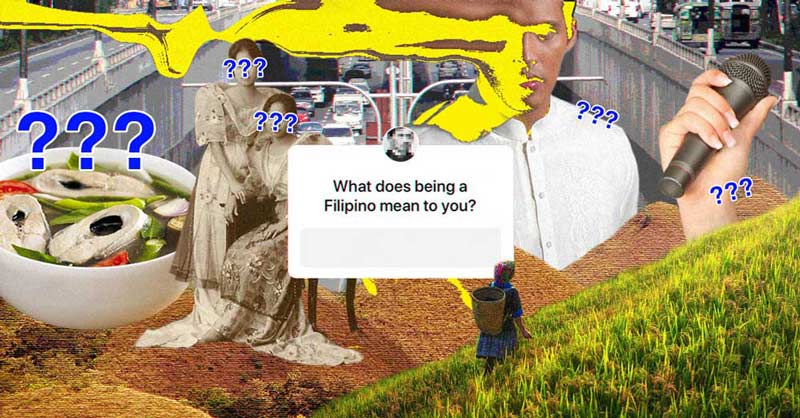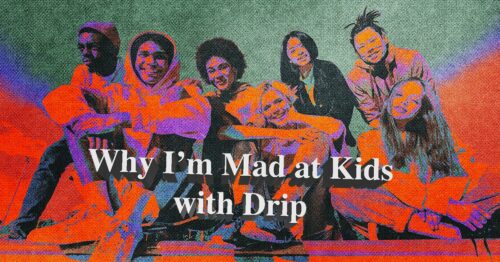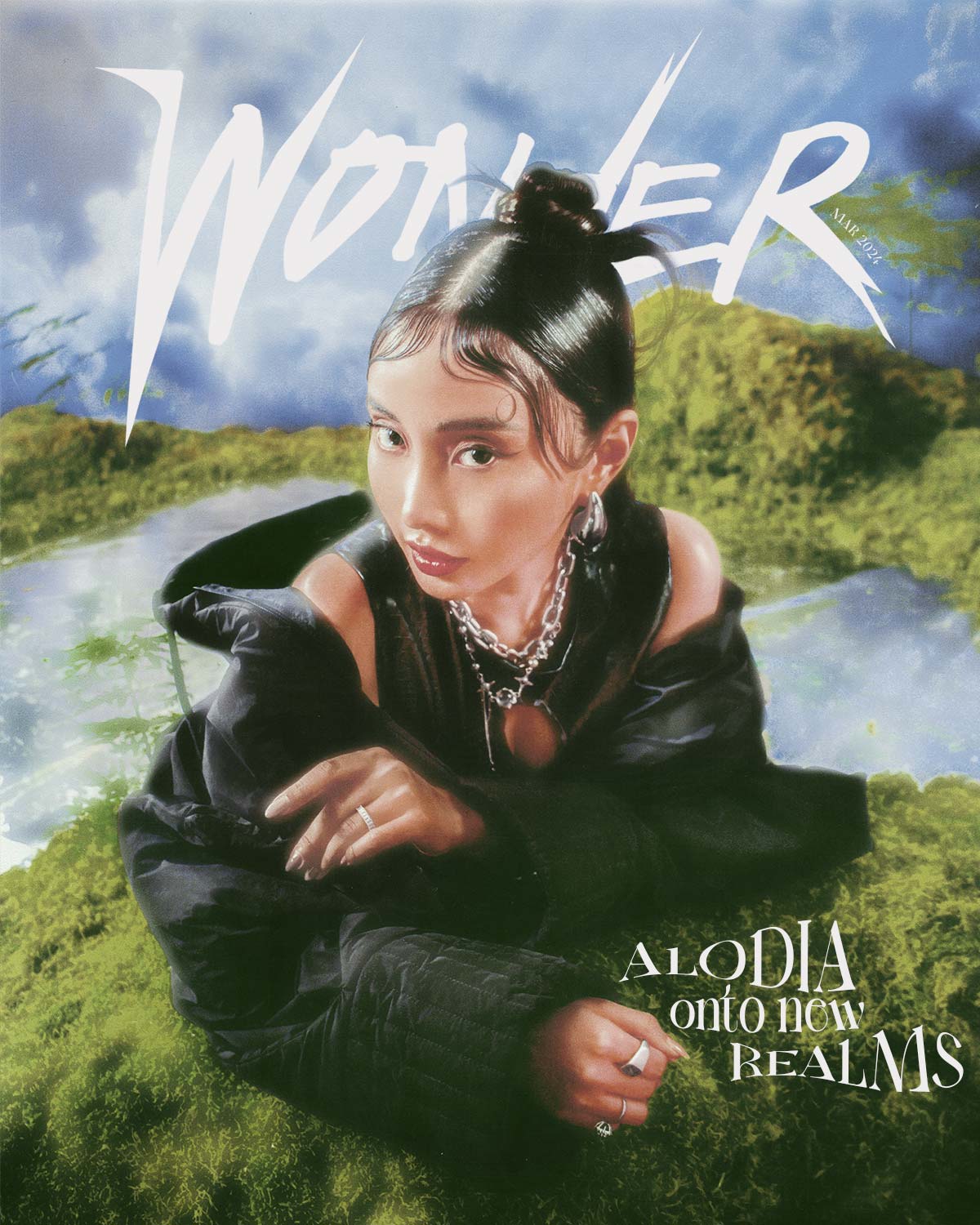The complicated relationship between man and country! What does it mean to be Filipino?
Over the past couple of days, I thought long and hard about this question. What does it mean to be Filipino?
I was born to Filipino parents, raised in Manila and was as “pure” as a Filipino can get; short, morena and a nose just between pointed and flat (because I refuse to accept that Pinoys are pango; we are not). Though from time to time, my mother would bring up her lola was “pure” Spanish and that we had European blood running through our veins, albeit a drop. But I didn’t think it mattered, she was after all saying this to a six or seven year old me. It didn’t matter until I was in first grade. The girl I sat next to in class, fair-skinned, ash brown hair with eyes that disappeared when she smiled, told me she didn’t want to play with me. Why? Because my skin looked “dirty.”
I never forgot that. So whenever I could, I would casually bring up to friends that I was one fourth or part Spanish. But no one believed me because my features were far from what anyone would call mestiza.
I’d need to bleach my skin to get “more opportunities.”
For a time, I thought papaya soap would brighten my skin and outlook. Obviously, it didn’t. Instead, they told me that, like this girl from school who pursued showbiz, I’d need to bleach my skin to get “more opportunities.” My mother would never approve, so I resigned to the role given to me: the short morena one.
So, I turned my attention to extracurriculars and school (yes, in that order). I learned about Filipino history, our heroes, how the Spanish and Japanese raped our country and our women, how the Americans “democratically” took advantage of our naïveté. I memorized the names of the presidents we’ve had, went on poverty immersions, tutored children from public schools, visited political prisoners. We watched films that showed us what happened during Martial Law, to which mom and dad each had their own take on what “really” happened. People Power overthrew the Marcos administration two decades later and the first female president, Cory Aquino, restored democracy. No one thought another revolution would happen until former president Joseph Estrada took office. The action star turned politician would later be removed from his seat of power three days after a peaceful protest. Then, Estrada was found guilty of plunder. “Order” was restored.
Experiencing life in a middle class Filipino household and learning about our history, however, didn’t fill me with a sense of patriotism or pride. Not when opportunities are based on how fair the color of your skin is. As if lighter is an indication of better quality. My eyes don’t brim or fill with tears when I watch historical movies or even the news because too often they are melodramatic. Meanwhile, the qualifications we’ve set for our leaders are far too inadequate, “natural born Filipino; a registered voter; must be able to read and write; 40 years of age at the day of the election.” Candidates win elections based on popularity, catchy campaign jingles and how many votes one’s funding can afford.
RELATED: The Philippine Anti-Terror Bill: What Its Approval Could Mean for the Ordinary Filipino
Too many times I’ve cringed as the media too quickly associates Pinoy Pride with a person of influence or power who has an ounce of Filipino blood in him or her, but has not once been to the Philippines or know anything about his or her Filipino heritage. It takes validation from the West for us to recognize and laud our own—our own born, raised, educated and trained here at home. We are prejudiced against our own brothers and sisters across the archipelago, we call them names. We call other ethnicities derogatory names “jokingly,” too. Ironically, we feel outraged when our people and culture get inaccurately depicted in the media.
Do I hate being Filipino? No, hate is a strong word. Do I wish I were born to non-Filipino parents, not at all. I respect my heritage and the land I grew up in. Through responsible tourism and travel, I respect the wealth of natural resources we have. I pay taxes and I don’t break the law. I respect the brilliant minds working towards positive change whether here or on a global scale and support their advocacies. But until we cease being slaves to awa or emotions, until we stop eschewing education and logic, until the parlor tricks of local politics lose its appeal among the masses, until we do our part and the administration does theirs, until we’ve fully, completely embraced that brown is a great fucking color…all we have are pieces of our glorious past. And perhaps the potential to be a great nation.
RELATED: How To Register Online For Halalan 2022 (No Excuses, K?)
To me, this is what it means to be Filipino: to contribute to this country’s growth because it deserves better, to change the conversation and turn battle cries into action and to do one’s part by being a productive member of society—despite our glaring imperfections.
Words
Art Matthew Fetalver


















